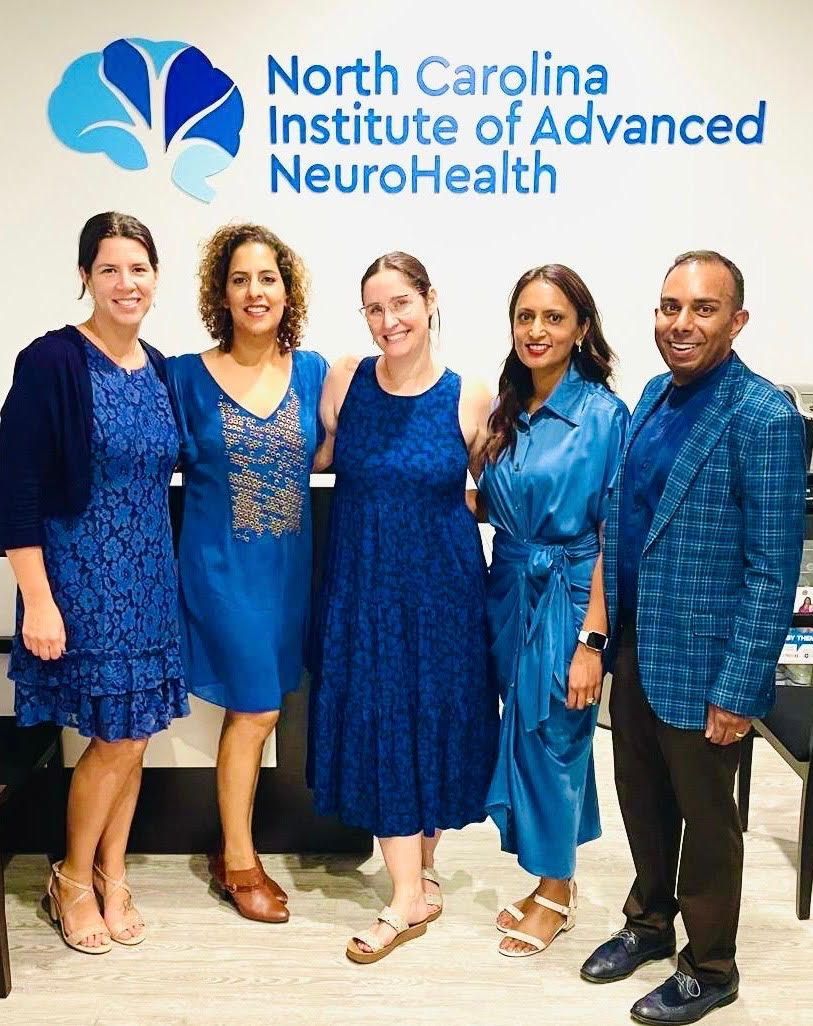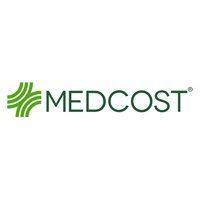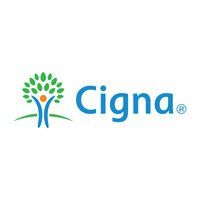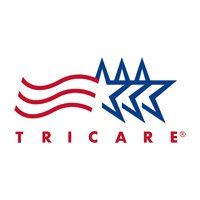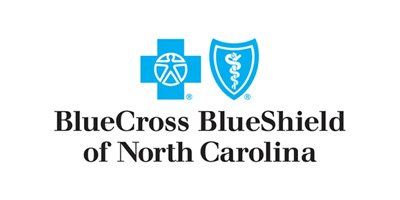A New Treatment For Teen Depression
This is a subtitle for your new post

Teens can be moody.
If you are the parent of a teen, then you probably already know that mood swings are part of adolescence. Have you ever wondered if all the door slams, eye rolls, and hours spent in their room are the new ‘normal’? Is this what teens are like nowadays, or is it just your teen?
How do you know if your teen is suffering from depression or just having a bad day?
Sadness vs. Depression In Teens
Let's talk for a moment about Adam. He is a typical 16-year-old who loves art, music, and spending time with his friends. On the outside, Adam appears to be an average teen, but inside, he has been in a never-ending battle with depression. It's been part of his life for as long as he can remember.
When he was 13, his parents noticed signs of lingering sadness. He stopped painting and playing his guitar and spent many days in his room asleep, bored, or a combination of both.
His social withdrawal and plummeting grades led to more sadness, and he started to feel empty and unfulfilled. As parents, it was difficult to see the joy and color in his world slowly fade away into a dark cloud.
Depression is consuming. And, like Adam, depression affects about 3.2 million teens (ages 12-17) in the US. Thankfully, Adam’s parents and teachers noticed the signs of Adam’s depression and took action.
Sometimes, Therapy and Medications Fall Short…
Adam's mother reached out to the school therapist for some support. She, too, had noticed the changes in Adam and agreed to meet with him after school. They met a few times a week, and she tried to get Adam to open up about how he was feeling.
The problem is that talking might not always help with teen depression because some teens find it hard to express their feelings or worry about being judged. They might also fear burdening others or facing the stigma that surrounds mental health struggles, which can make them reluctant to open up.
After a few more sessions, the school therapist realized Adam could benefit from an evaluation and consultation with a psychiatrist so his mother made an appointment for him.
Meanwhile, Adam’s angry outbursts and overreactions intensified at home. His intense mood swings and deep depression would send him spiraling, making it hard to function. He would yell, sometimes punch holes in the drywall out of frustration, throw things, and make it impossible for anyone to feel comfortable at home.
It’s clear that therapy wasn’t effective, so it was time for the next step.
Does Your Teen Have Depression?
Adam and his mother met with a local psychiatrist who specialized in teen mood disorders. After an evaluation, he was diagnosed with Major Depressive Disorder and prescribed an antidepressant. This was a huge relief for his family, knowing that he was in good hands and HOPING that things would start to turn around.
His doctor explained that antidepressants can take weeks or months to provide relief, and they might have to adjust the dosage. Treating teen depression with medication can take time. Sometimes there are crushing setbacks and even more unwanted side effects. Other times there’s complete relief!
Unfortunately, for Adam, antidepressants didn’t lift the heavy burden of depression. He still felt like he was living in a fog. The good news was that his depression wasn’t worsening but there weren’t many more options since he was a teen.
New Teen Depression Treatment in Apex, NC
In March 2024, the FDA approved Transcranial Magnetic Stimulation (TMS) for adolescents (15-21) with depression bringing new hope beyond medication for teens.
This approval is a game-changer because, until now, options for treating teen depression have been extremely limited compared to adults.
TMS Therapy is a non-invasive procedure that uses magnetic pulses to stimulate areas of the brain associated with mood regulation. This approval opens up a new treatment option for teenagers who have struggled to find relief from depression through traditional methods such as therapy and medication. TMS Therapy has shown promising results in adults, and its approval for use in adolescents aged 15 and older offers hope to a population that has long been underserved in terms of mental health care options.
With its minimal side effects and potential for long-lasting improvement, TMS Therapy offers hope for teenagers like Adam battling depression, and the possibility of a brighter future free from the burden of crippling mental illness.
Get Support For Teen Depression and Mood Disorders
At North Carolina Institute of Advanced NeuroHealth, we start by conducting a thorough evaluation to understand what's going on with your teen's mood. This evaluation helps us pinpoint the underlying causes of their struggles, whether it's depression, anxiety, or another mood disorder.
Once we have a clear understanding of their needs, our compassionate team works together to provide personalized support and treatment. From therapy sessions to medication management, we offer a comprehensive approach to help your teen navigate their emotions and build coping skills for the future.
Our team understands that dealing with mood disorders can be challenging for both teens and their families. That's why we're here to offer not just treatment, but also support and guidance every step of the way.
We provide a safe and nurturing environment where your teen can feel heard and understood, free from judgment or stigma. With our help, your teen can learn to manage their emotions, build resilience, and ultimately thrive despite the challenges they face.




